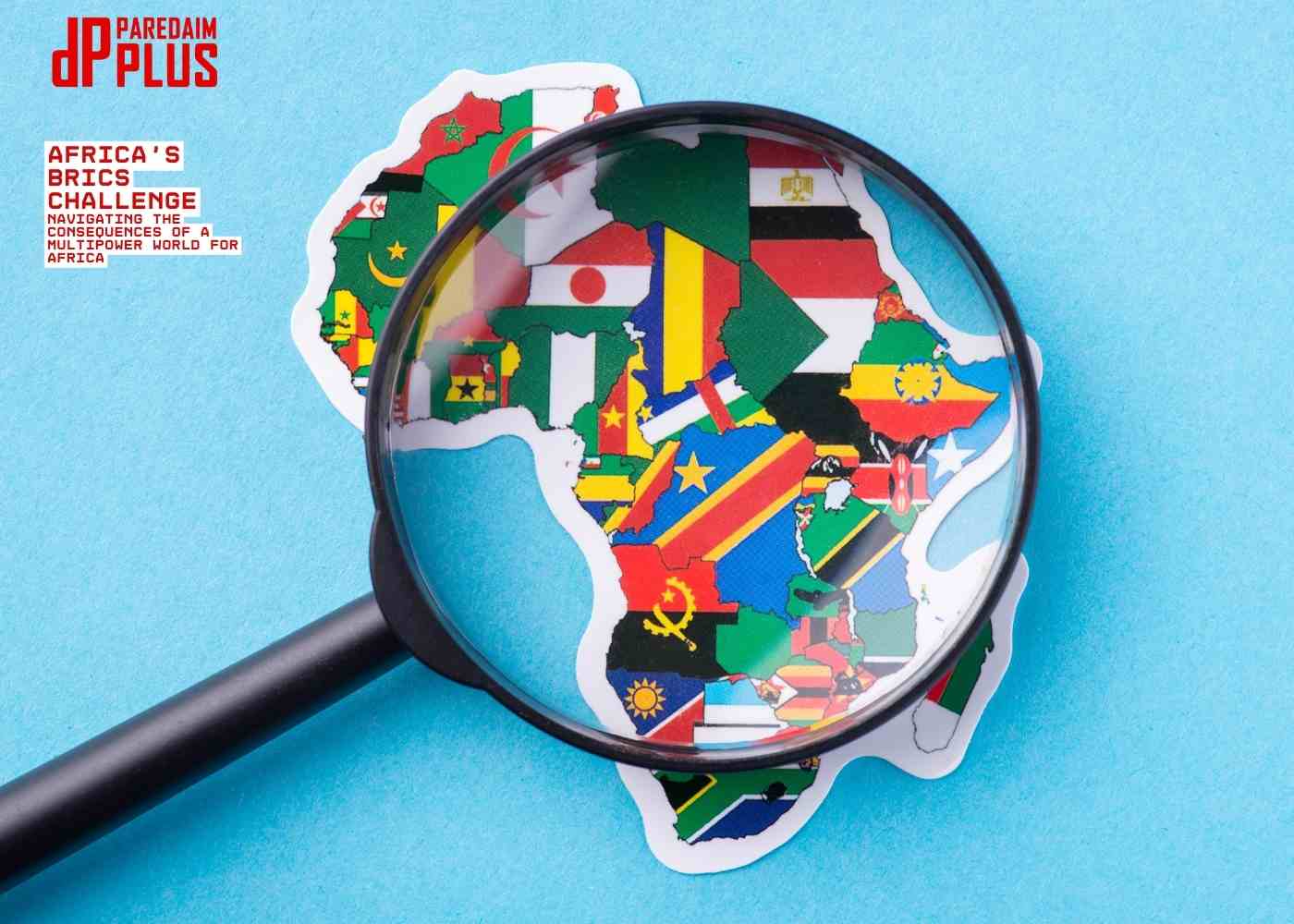
In business and investing, bias may be the invisible wall that keeps founders, investors, and executives from seizing opportunities to
change their industries. Its whisper is subtle, seductive even, because it is
couched in personal experience and instinct. But that’s a poor instinct, as
history has also shown. Your experience is not proof of the market. Your tastes
are not absolute. And your blind spots are not badges of pride.
Consider the well-known rejections: rejecting fintech when
you already have credit cards; rejecting edtech because your children went to
private school; rejecting healthtech because you have health insurance. These
are not merely “missed deals”; they are symptomatic of a larger issue, the
presumption that the market looks like you.
Ike Eke, who set up Beta Ventures in Lagos, learned that
early on. Armed with hard numbers and an eye toward the world outside of his
own, he identified and invested in what Silicon Valley did not. In under three
years, he had three unicorns in his portfolio. But he also remembers the pain
of rejecting something too soon: “Never dismiss opportunity without seeing the
numbers. Look into it. Question things. “Look at trends.”
The above story is not just another anecdote. It is a call
to every decision-maker, the next billion-dollar idea may not be something that
you would use. But that’s exactly the problem.
Why Bias is the Silent Killer of Innovation
The Myth of Personal Relevance
Closely related, and probably one of the biggest mistakes
made in assessing opportunities, is to think that if a product or service
doesn’t appeal to you, it won’t appeal to anyone else. This mentality is
especially perilous in a diverse and complex market like Nigeria and Africa
in general. A founder or investor in Lagos, London or San Francisco might not
see the need for fintech if they already have easy access to banking services,
without knowing that millions are still unbanked.
In fact, the World Bank estimates that 1.4 billion adults remain unbanked worldwide. Fintech,
for them, is not a matter of luxury, it is a lifeline. Refusing to acknowledge
that because it is not personally convenient to you is not only naive, but it
is also politically reckless.
Data vs. Gut Feeling
The tech industry is a culture of intuitive, visionary
thinking. But, intuition can quickly become prejudice. The data paints a
different picture. For instance, global investments in edtech have increased
and are projected to reach $404 billion by 2025. Those who did not see the potential because they hadn’t
valued the concept of online learning are now seeing what they missed out on.
If you only rely on your lived experience, then you will
lose track of macroeconomic and demographic trends. Data offers context that
individual stories lack.
The Danger of Overconfidence
In business, overconfidence is confused with competency.
When decision-makers reject possibilities based on a casual “I’d never use
that,” innovation to serve another audience is foregone. What they really mean
is, “If I don’t benefit from it, then it doesn’t count”. Not only is that bias,
it’s arrogance.
Lessons From Markets Silicon Valley Ignored
Fintech in Emerging Economies
Silicon Valley has ignored fintech solutions for the
underbanked for years. In Kenya, mobile money platforms such as M-Pesa
revolutionized the economy by providing secure monetary platforms for
individuals without access to banks. What was disconnected to investors who
used to credit cards became vital to millions.
The success of M-Pesa illustrates one important reality –
these kinds of markets often don’t resemble the lives of those running them.
But that is precisely their value, to solve problems they don’t have.
Healthtech Beyond Insurance
Healthtech innovations such as telemedicine or mobile
diagnostics are changing the way people can access care in countries with a
lack of healthcare infrastructure. Though an insured investor in the U.S. might
find mobile clinics comical, for patients in these vulnerable communities, they
are a matter of life or death. Willful ignorance that these could be
lifestyle-enhancing would be a very expensive mistake.
Edtech as Equalizer
Those who have gone to private schools will never understand
the constraints to which the children from small, underfunded public schools
have been exposed. But that is changing thanks to edtech platforms that are
already providing affordable means of access to learning. This change was
fast-tracked by the global pandemic, which affirmed that online education is
not optional, but essential. On the other hand, the argument against edtech for
the reason that “schools already exist” fails to see how edtech can provide an
equitable platform for millions.
How to Guard Against Bias in Business
1. Ask Better Questions
Instead of asking “Would I use this?” ask “Who would need
this the most, and why?” This shifts the lens of assessment from one of
individual relevance to one of market viability.
2. Research Market Trends
Use credible data assets and market reports rather than
instinct. These trends in consumption, technology and demographics quickly
highlight latent opportunities that may be difficult to perceive at a personal
or local level. Fintech startups in Africa, for instance, raised above $1.3
billion just in 2021, among many other evidence of the investor’s appetite and
the market’s growth, according to Statista.
3. Diversify Perspectives
Echo chambers are fertile grounds for bias. Be surrounded by
the wide range of voices, your colleagues, your advisors and your customers of
different backgrounds. The experience which they have gained increases your
knowledge about the markets that you are targeting.
4. Separate Self from Market
You should realize that your individual comfort/privilege
does not negate the pain points of other individuals. A billionaire investor
will never be concerned with remittances, but millions of migrant workers are
concerned. The necessity they have provides a chance, no matter what happened
to you.
5. Validate with Numbers
Market validation is based on measures of adoption, growth rates,
and customer demand, rather than on your own view of the world. Base your
choices on data, rather than anecdote.
Conclusion
The worst form of bias in business is thinking that the
world is just like yours. Investors who overlooked fintech, edtech, or
healthtech due to their own convenience were not only shortsighted but also
blind to billions of dollars of potential opportunities. The case of Ike Eke
with Beta Ventures demonstrates that when one leaves the comfort zone and
believes the numbers, it is possible to find the unicorns when others would
find them irrelevant.
The following billion-dollar concept is not going to be that
one. It may not resolve an issue that you are going through. It may even sound
to you as something unnecessary. But the market is not you. It is larger, wider
and more varied than that of any single person.
The next time you are presented with an opportunity, take
time to think about it first before you turn it down. Ask the right questions.
Look at the numbers. Study the trends. The reason why you cannot see it in your
world may be that it is the thing the rest of the world is waiting to see.






